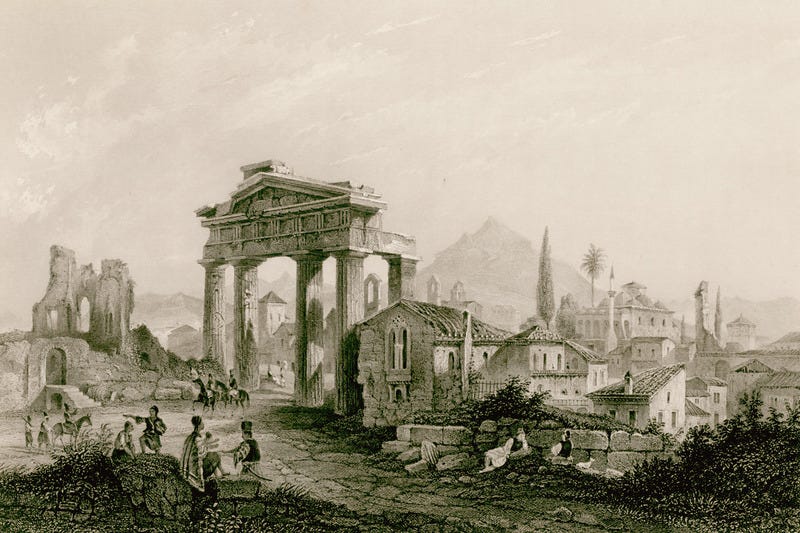- Messages
- 35,176
- Reaction score
- 5,978
- Points
- 288
A bit long, and imo, worth a read.
A great nation is like a great man:
When he makes a mistake, he realizes it.
Having realized it, he admits it.
Having admitted it, he corrects it.
He considers those who point out his faults
as his most benevolent teachers.
He thinks of his enemy
as the shadow that he himself casts.
—Lao Tzu
1. The case of Donald Trump.
1 AUGUST—During the four years of Donald Trump’s presidency I watched as Democrats, people I knew, became increasingly anxious and fearful, convinced that the man occupying the White House posed a unique threat to the stability of the country and, indeed, to the very fabric of our democracy. In most cases, the extreme emotion I detected in many people did not seem to reflect considered, individual judgments. As I read it, this was a collective response to an orchestrated campaign—a political campaign, a media campaign, in part an intelligence operation—to undermine a sitting president. Wild accusations filled the newspapers and airwaves. Panic gripped ordinary Democrats.
I am not certain Americans have ever had much capacity for independent, unbiased thought in matters of politics. Our opinions and emotions have long been shaped predominantly by political ideology and propaganda. But I am certain this dynamic, however far back in history we trace it, worsened considerably during the Trump years, when the Democratic establishment, in league with mainstream media, purposefully manufactured a climate of fear, outrage, and paranoia that exceeded anything in my lifetime. The consequences of this shameless political and media chicanery were and continue to be profoundly poisonous in the public and private spheres alike, as people increasingly turn against each other, even members of the same family.
Read it all here:

“Love and politics.”
A great nation is like a great man:
When he makes a mistake, he realizes it.
Having realized it, he admits it.
Having admitted it, he corrects it.
He considers those who point out his faults
as his most benevolent teachers.
He thinks of his enemy
as the shadow that he himself casts.
—Lao Tzu
1. The case of Donald Trump.
1 AUGUST—During the four years of Donald Trump’s presidency I watched as Democrats, people I knew, became increasingly anxious and fearful, convinced that the man occupying the White House posed a unique threat to the stability of the country and, indeed, to the very fabric of our democracy. In most cases, the extreme emotion I detected in many people did not seem to reflect considered, individual judgments. As I read it, this was a collective response to an orchestrated campaign—a political campaign, a media campaign, in part an intelligence operation—to undermine a sitting president. Wild accusations filled the newspapers and airwaves. Panic gripped ordinary Democrats.
I am not certain Americans have ever had much capacity for independent, unbiased thought in matters of politics. Our opinions and emotions have long been shaped predominantly by political ideology and propaganda. But I am certain this dynamic, however far back in history we trace it, worsened considerably during the Trump years, when the Democratic establishment, in league with mainstream media, purposefully manufactured a climate of fear, outrage, and paranoia that exceeded anything in my lifetime. The consequences of this shameless political and media chicanery were and continue to be profoundly poisonous in the public and private spheres alike, as people increasingly turn against each other, even members of the same family.
Read it all here:

